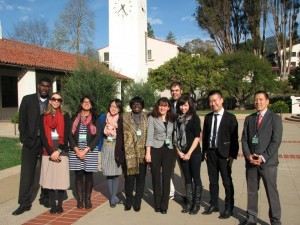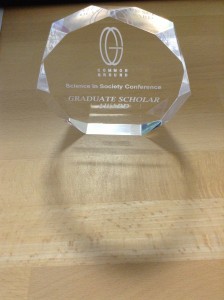An additional workshop – An Introduction to Case Studies – has been added to the March Programme:
An Introduction to Case Studies
This introductory session will provide a general overview of case methodology. Key questions to be discussed are: When should case studies be used? What characterises a convincing case study research? What criticisms are commonly put forward against case study research and how can they be addressed?”
Date: Wednesday 20 March 2013
Time: 14:00 – 17:00
Room: EB303, Executive Business Centre – Lansdowne
Facilitator: Dr Fabian Homberg
Booking: gsbookings@bournemouth.ac.uk
A full list of March workshops can be found here: PGR Development Framework Prog _ March workshops
April Events
PGR induction (Repeat workshop)
Outline: Introduction to BU’s academic and professional support for your research degree. The session will also include an introduction to the Research Development Framework and how to map your personal development.
Date: Wednesday 24 April 2013
Time: 10:00 – 13:00
Room: PG22 – Poole House – Talbot Campus
Facilitator: Graduate School
Booking: gsbookings@bournemouth.ac.uk
Research Philosophy
Outline: The aim of this workshop is to examine the meanings of some key terms in the philosophy of science, with the objective of enhancing understanding of, and stimulating reflection on, some basic issues in research philosophy.
Date: Wednesday 24 April 2013
Time: 14:00 – 16:00
Room: PG22 – Poole House – Talbot Campus
Facilitators: Professor Barry Richards
Booking: gsbookings@bournemouth.ac.uk






















 April’s Café Scientifique – Should we help machines understand and respond to our emotions?
April’s Café Scientifique – Should we help machines understand and respond to our emotions? Postgraduate Research Experience Survey (PRES) 2024 – 2 WEEKS LEFT
Postgraduate Research Experience Survey (PRES) 2024 – 2 WEEKS LEFT Working with The Conversation: online training session – Wednesday 8th May
Working with The Conversation: online training session – Wednesday 8th May Apply for up to £1,000 to deliver an event and take part in a national festival of public engagement with research
Apply for up to £1,000 to deliver an event and take part in a national festival of public engagement with research MSCA Postdoctoral Fellowships 2024
MSCA Postdoctoral Fellowships 2024 Horizon Europe News – December 2023
Horizon Europe News – December 2023